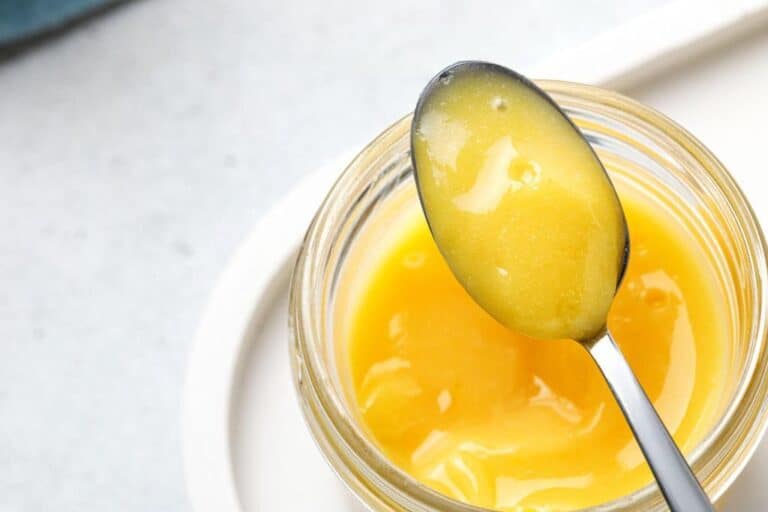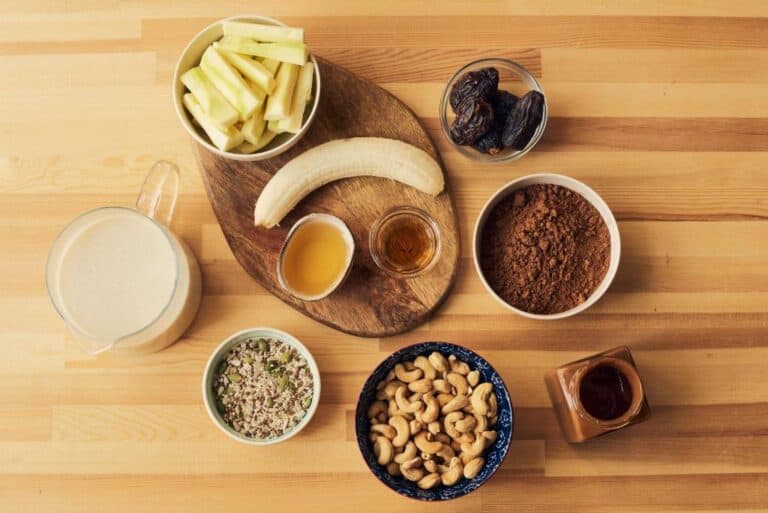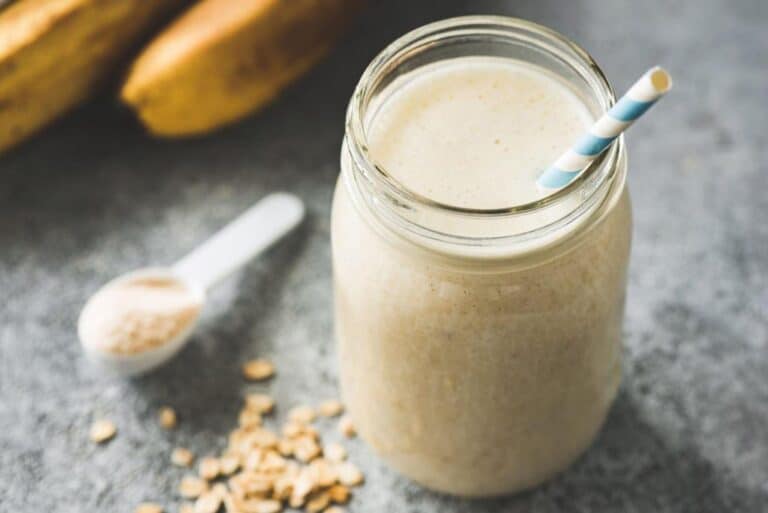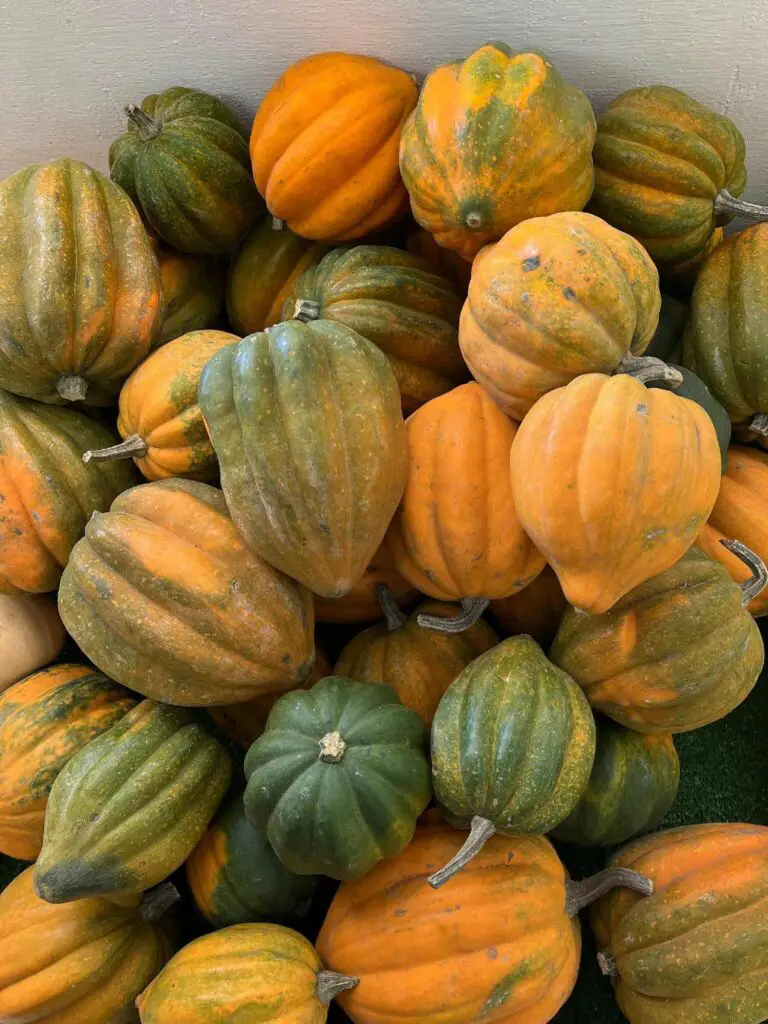Why Is My Coleslaw Bitter and How to Fix It? 5 Easy Methods
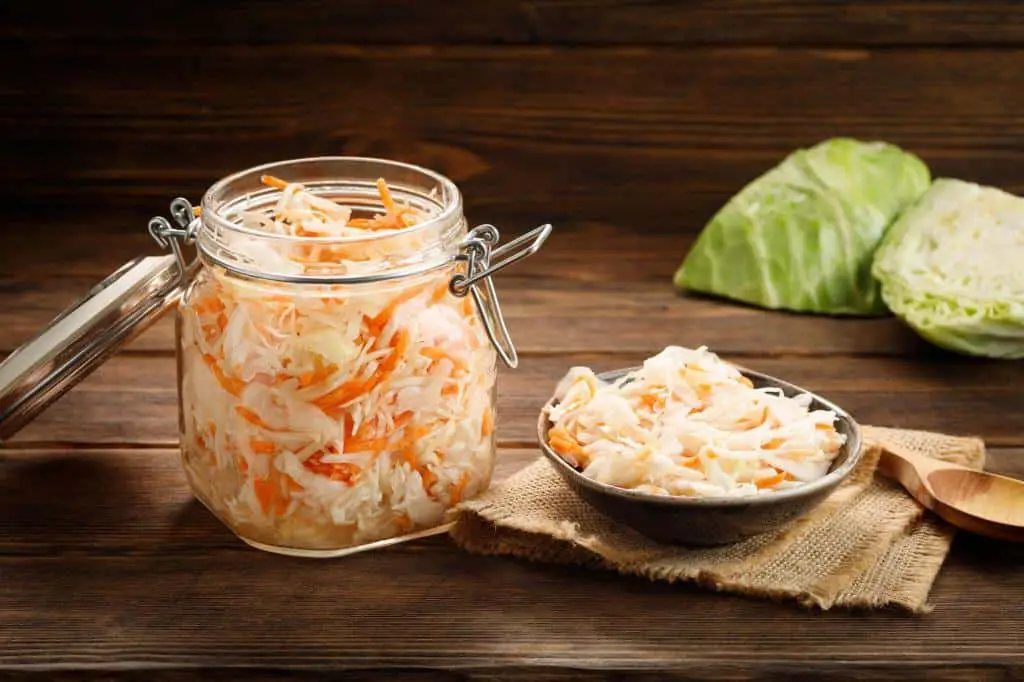
Is there anything more disappointing than taking a bite of freshly made coleslaw, only to be met with an unpleasant bitterness? We’ve all been there, eagerly preparing our favorite side dish or topping for sandwiches, only to have it ruined by that bitter taste. But fear not! In this article, we’re going to dive into why coleslaw can turn bitter and provide you with some simple methods to fix it.
Coleslaw is meant to be a refreshing and crunchy addition to any meal. It brings together the sweetness of cabbage, the tanginess of dressing, and the subtle kick of other ingredients, like carrots or onions.
So why does it sometimes miss the mark and become bitter instead? There are several factors that could contribute to this unwanted flavor profile. Using the wrong type of cabbage or under-seasoning your dressing can determine whether your coleslaw will be delicious or disappointing. Improper storage techniques also play a role.
But fret not! With just a few tweaks and adjustments, you can easily transform your bitter coleslaw into one bursting with delightful flavors. In this article, we’ll explore various methods that will help you rescue your batch of coleslaw from its bitterness.
Why Is My Coleslaw Bitter?
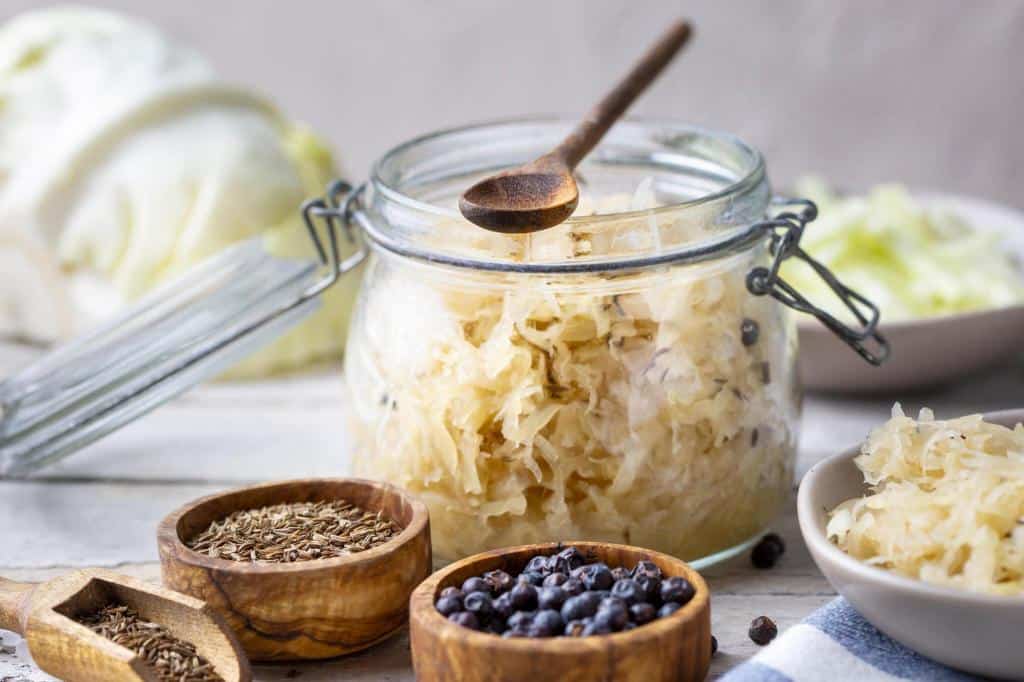
Have you ever eagerly prepared a batch of coleslaw, only to be greeted with disappointment when it turns out bitter? Bitterness in coleslaw can ruin the entire dish and leave your taste buds longing for something else. However, understanding why this bitterness occurs can help you troubleshoot. You can make adjustments to ensure a delicious and balanced flavor.
Common Causes of Bitterness in Coleslaw:
1. Types of Cabbage
The variety of cabbage used in your coleslaw can significantly impact its taste. Cabbage is generally sweet and mild. However, certain types, such as red cabbage, can occasionally contribute a slightly bitter undertone.
So, even though you cook red and green cabbage together, it is better to cook both types separately. If you can, choosing fresher, younger cabbage heads can help minimize bitterness.
2. Overexposure to Air
When cabbage is exposed to air for an extended period, such as through shredding and storage, it can lead to the release of compounds. These compounds contribute to bitterness. To prevent this, try to minimize the time between preparing your coleslaw and serving it. Additionally, storing it in an airtight container can help preserve its freshness.
3. Dressing Imbalance
The dressing plays a crucial role in balancing the flavors of coleslaw. If your dressing contains too much vinegar or mustard, it can overpower the natural sweetness of the cabbage. This can result in a bitter taste. You need to reduce the acidity. Achieving the right balance of acidity, sweetness, and creaminess is key to a delicious coleslaw.
4. Leaving Unseasoned for Too Long
Leaving the cabbage unseasoned for too long causes enzymes to release compounds responsible for bitterness. Freshly shredded cabbage has natural sugars that help counterbalance any inherent bitterness. However, if left unseasoned for too long before adding dressing, enzymes in the cabbage can convert those sugars into bitter compounds.
5. Spoiled Ingredients
Using ingredients that are past their prime can also contribute to bitterness. Ensure that your cabbage, carrots, and other vegetables are fresh and crisp before mixing them into your coleslaw. Additionally, check the expiration dates of ingredients like mayonnaise and vinegar. This will help you avoid any unpleasant flavors.
Now that we know some possible causes of bitterness in coleslaw, let’s explore some practical methods to fix it without starting from scratch. No one wants their hard work to be wasted!
| Read: Why Do Brussels Sprouts Taste Like Cabbage? |
How to Fix Bitter Coleslaw (5 Easy Method)
1. Adjusting Dressing Ratios
One easy method to fix bitterness in coleslaw is by adjusting the ratios of your dressing ingredients. If your coleslaw is turning out bitter, it may be because there is too much tanginess from vinegar or lemon juice. There might not be enough sweetness to balance it out. To rectify this, you can simply increase the amount of sweetness to reduce the acidity in your dressing.
Start by adding small amounts of sugar or a sweetener of your choice, such as honey or maple syrup, and mix well. Taste the dressing after each addition until you achieve the desired level of sweetness. Remember to go slow when adding sweeteners, as it’s easier to add more than to remove excess sweetness.
2. Soaking and Shredding Techniques
Another fantastic way to eliminate bitterness from coleslaw is through soaking techniques. Soak the cabbage before shredding it. Bitterness often stems from compounds released during cutting and shredding that react with air over time.
To prevent this, you can soak shredded cabbage in cold water for about 10 minutes before using it in your coleslaw recipe. This helps leach out any bitter compounds and leaves behind a milder taste profile.
Alternatively, if you prefer a crunchier texture for your coleslaw but still want to reduce bitterness, try soaking the whole head of cabbage in cold water for around half an hour before slicing and shredding it.
3. Adding Natural Sweeteners
To avoid using refined sugars while still achieving a balanced flavor in your coleslaw without relying solely on dressings or additives, try adding natural sweeteners like applesauce to your recipe.
Applesauce provides both sweetness and moisture without altering the overall taste too drastically. You can use unsweetened applesauce if available or homemade versions without added sugar. First, use about one tablespoon per cup of shredded cabbage. Taste along the way until you reach an ideal balance between flavors.
| Related: How Long Does Homemade Applesauce Last in the Fridge After Opening? |
4. Balancing Flavors With Creamy Elements
Another method to fix bitterness in coleslaw is by adding a creamier element, such as mayonnaise or yogurt, to the dressing. These ingredients enhance the overall texture and creaminess of your coleslaw. They also help balance out any lingering bitterness from the cabbage. Adding one or two tablespoons of these creamy elements can go a long way toward achieving a smoother, more balanced flavor profile.
5. Massaging the Cabbage
Lastly, an often overlooked technique for reducing bitterness in coleslaw is massaging the shredded cabbage before dressing it. Pressing and kneading the cabbage with your hands helps break down enzyme activity that creates bitter flavors. Massaging for around five minutes will sufficiently soften and tenderize the cabbage. This will minimize its bitterness. Remember to rinse the massaged cabbage thoroughly afterward to remove any excess liquid before combining it with other ingredients.
Can Soaking Cabbage Effectively Remove Bitterness?
Soaking cabbage can effectively remove bitterness. One method is to soak chopped cabbage in cold water for about 15 minutes to leach out most of the bitter and harsh flavor compounds.
Another method involves salting the cabbage leaves, refrigerating for 2 to 3 hours, and then rinsing thoroughly under cold water to wash away the excess salt and the bitter liquid drawn out of the cabbage leaves. Additionally, adding something salty like capers to bitter-tasting cabbage or combining it with other juices, such as apple or carrot, can help reduce the bitterness and make it more palatable.
Balancing Coleslaw Flavors with Acid
Balancing flavors in coleslaw involves understanding the role of acidity. Acidic components can brighten and enhance the overall taste of coleslaw. They create a harmonious balance of flavors.
When adding acid to counteract bitterness, it’s crucial to do so judiciously. Ensure that it complements rather than dominates the dish. Here are some tips for incorporating acid effectively:
- Start with small amounts: Begin by adding a modest amount of acidic ingredients such as lemon juice, vinegar, or apple cider vinegar. You can always adjust the acidity level later based on taste preferences.
- Mix gradually: Add the acidic component to the coleslaw dressing gradually, tasting as you go to gauge the impact on flavor. This approach allows you to control the acidity level and prevent overdoing it.
- Consider different types of acid: Experiment with various acidic ingredients to find the perfect balance. Each type of acid has its own unique flavor profile, so don’t be afraid to try different options.
- Use as garnishes: In addition to incorporating acid into the dressing, consider using acidic ingredients as garnishes. Squeezing fresh lemon or lime juice over the finished coleslaw just before serving can add a burst of freshness and acidity.
Conclusion: Achieving Perfectly Balanced Coleslaw
So there you have it – the possible reasons why your coleslaw may turn out bitter and simple methods to fix it. While bitterness can be frustrating, don’t let it discourage you from making delicious coleslaw at home. With a little practice and these easy fixes, you’ll soon be creating coleslaw that is perfectly balanced and flavorful. It will impress your family and friends.
Remember, taste testing is essential throughout the process. Adjusting the amount of sugar or vinegar along the way can help achieve the perfect balance of flavors. Don’t be afraid to experiment with different ingredient combinations. Try adding a splash of citrus juice for a zesty twist, or some chopped fresh herbs for added freshness.
Coleslaw is meant to be enjoyed as a side dish alongside burgers, sandwiches, BBQ ribs, or even on its own as a refreshing salad option. By following these troubleshooting tips and putting in some love and creativity into your preparations, you’ll master the art of making non-bitterified (if you will) coleslaw. It will burst with an irresistible combination of creamy texture and harmonious flavors!
FAQs
Is there a way to salvage overly bitter coleslaw?
Yes, try adding more vinegar and sugar to counteract the bitterness, or mix in some sweeter vegetables like carrots.
Should I salt my cabbage before making coleslaw?
Yes, salting the cabbage and letting it sit for a while can draw out excess moisture and lessen its bitterness.
Could using too much vinegar make my coleslaw bitter?
Yes, using too much vinegar without balancing it with sweetness can result in a bitter taste.
Can adding herbs or spices help combat bitterness in coleslaw?
Yes, adding fresh herbs like dill or parsley can add complexity and balance out any lingering bitterness.
Are there specific dressing ingredients that could contribute to bitter coleslaw?
Using old mayonnaise or expired ingredients in your dressing could lead to a bitter taste in your coleslaw.

